November 19, 2020
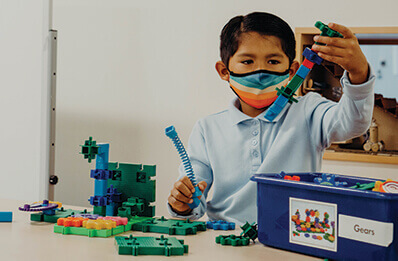 by Dr. Bill Hudson, Head of School
by Dr. Bill Hudson, Head of School
I am a procrastinator. A proud procrastinator, no less. It’s not that I am not productive or do not fulfill my responsibilities. I’m not lazy, but I do get distracted. There always seems to be a good article to read that pops up on my newsfeed, a post on Facebook I find intriguing, a conversation to be had with a friend or colleague, or a good book to read. Oftentimes, what helps me most is a firm deadline or knowing that people are depending on me to act.
Today is a deadline of sorts as our Fall Campaign winds down and we celebrate Give To The Max Day, both in support of the MPA Fund. If you haven’t yet made a gift, I strongly encourage you to do so. I feel a particular sense of urgency this year as we together navigate the uncharted waters of the pandemic. The urgency comes as we, the school and parents, join together to ensure our children have what they need to be safe, healthy, and continue to learn and thrive. What I know is that this endeavor costs more—more people, more technology, more infrastructure. Read More
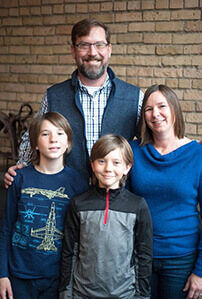 During the Fall Campaign, we are excited to share stories from our community about the impact the school has made on their children and their family. The Foote/Nelson Family shares the how their child grew more and more confident and comfortable, finding a home at MPA.
During the Fall Campaign, we are excited to share stories from our community about the impact the school has made on their children and their family. The Foote/Nelson Family shares the how their child grew more and more confident and comfortable, finding a home at MPA.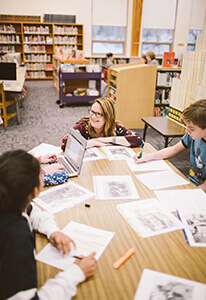 During the Fall Campaign, we are excited to share stories from our community about the impact the school has made on their children and their family. Middle School social studies teacher Marina Dale shares the joys and sense of home that MPA gives her and her family on a daily basis.
During the Fall Campaign, we are excited to share stories from our community about the impact the school has made on their children and their family. Middle School social studies teacher Marina Dale shares the joys and sense of home that MPA gives her and her family on a daily basis.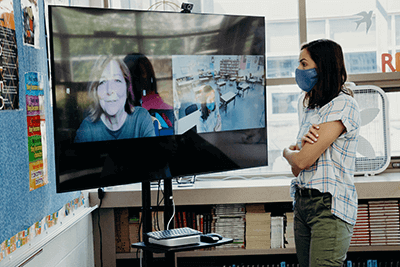 Maddy Wolfe ’12, Middle School English Teacher
Maddy Wolfe ’12, Middle School English Teacher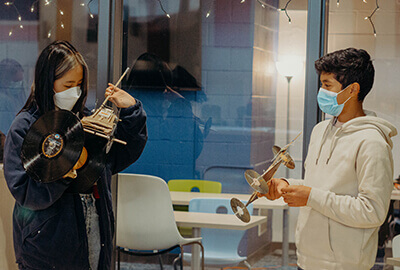 by Dr. Bill Hudson, Head of School
by Dr. Bill Hudson, Head of School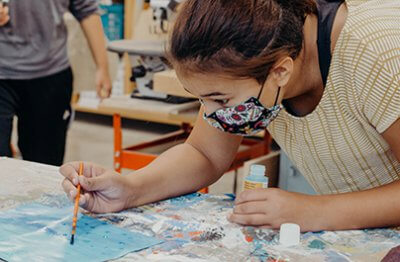 Thank you to our generous community for joining us on Monday for our virtual 2020 You Give Fall Campaign Kick-Off. Thanks to our community’s participation and giving, we were successful in reaching our goals to receive a $10,000 challenge gift in support of the school! The Fall Campaign will culminate in next week’s Give to the Max Day, so be on the look-out for ways to give, participate, and help us during this important time.
Thank you to our generous community for joining us on Monday for our virtual 2020 You Give Fall Campaign Kick-Off. Thanks to our community’s participation and giving, we were successful in reaching our goals to receive a $10,000 challenge gift in support of the school! The Fall Campaign will culminate in next week’s Give to the Max Day, so be on the look-out for ways to give, participate, and help us during this important time.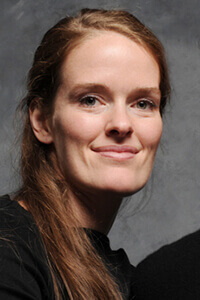 Simone LaBonté ’06 is in her sixth year as the Director of Person Centered Practices at New Directions Inc. Under her leadership, New Directions Inc. partnered with local organization Woodbury Thrives to construct a community garden at a New Directions Inc. residential home in Woodbury, creating a resource for the home’s residents and the greater community.
Simone LaBonté ’06 is in her sixth year as the Director of Person Centered Practices at New Directions Inc. Under her leadership, New Directions Inc. partnered with local organization Woodbury Thrives to construct a community garden at a New Directions Inc. residential home in Woodbury, creating a resource for the home’s residents and the greater community.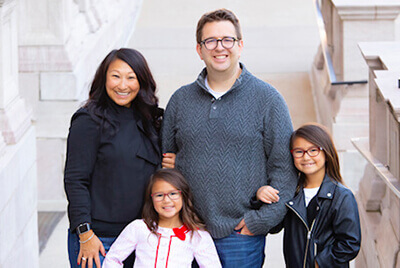 During the Fall Campaign, we are excited to share stories from our community about the impact the school has made on their children and their family. Heidi and Ryan Baldwin, two of our Lower School parents have seen the belonging their girls Audrey and Anna have experienced since joining MPA.
During the Fall Campaign, we are excited to share stories from our community about the impact the school has made on their children and their family. Heidi and Ryan Baldwin, two of our Lower School parents have seen the belonging their girls Audrey and Anna have experienced since joining MPA.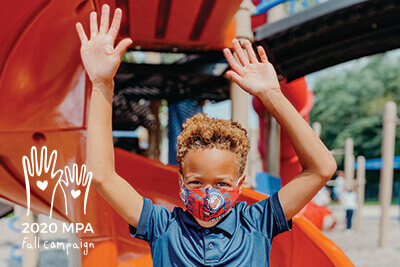 by Dr. Bill Hudson, Head of School
by Dr. Bill Hudson, Head of School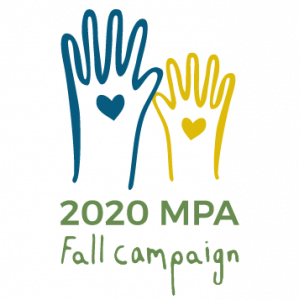 The MPA Fall Campaign Committee invites you for a fun virtual kick-off event on Monday, November 9 from 7-7:30 PM. Hear a state of the school update from Dr. Hudson, listen to great student speakers, help us meet a special giving challenge, and celebrate the success to the start of the school year with other MPA families. The whole family is invited to attend to learn more, join in singing our school song, and if 50% of our community joins the call, we have a special challenge donation we will be eligible to receive from a generous donor of $10,000! Join us to learn more about this year’s You Give Fall Campaign, how your family can join in, and help us to build community virtually until we can all be together again safely in person. Contact Jennifer Rogers-Petitt, director of development and community engagement with any questions at
The MPA Fall Campaign Committee invites you for a fun virtual kick-off event on Monday, November 9 from 7-7:30 PM. Hear a state of the school update from Dr. Hudson, listen to great student speakers, help us meet a special giving challenge, and celebrate the success to the start of the school year with other MPA families. The whole family is invited to attend to learn more, join in singing our school song, and if 50% of our community joins the call, we have a special challenge donation we will be eligible to receive from a generous donor of $10,000! Join us to learn more about this year’s You Give Fall Campaign, how your family can join in, and help us to build community virtually until we can all be together again safely in person. Contact Jennifer Rogers-Petitt, director of development and community engagement with any questions at